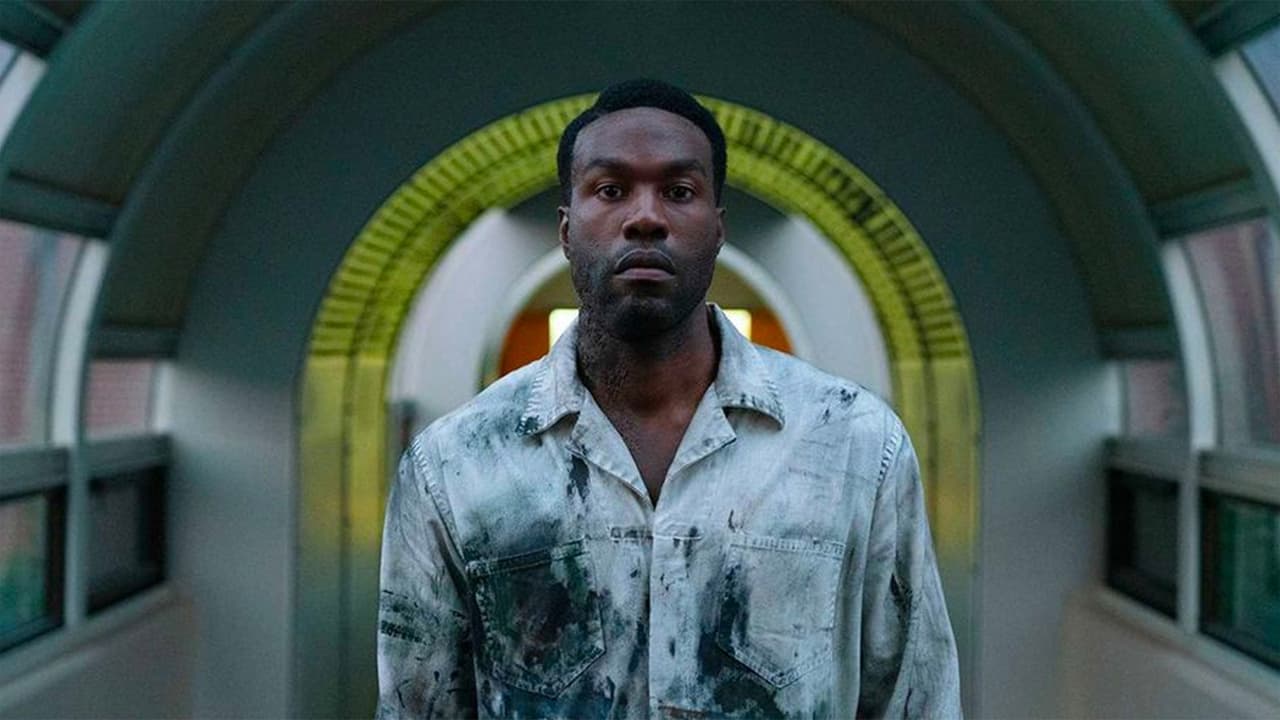I rewatched the 1992's Candyman in preparation for Nia DaCosta's (Little Woods) direct sequel, so I could get the most out of it without having to force my memory to kick in. Despite being addicted to Philip Glass' score of the original film, Bernard Rose's take on Clive Barker's short story isn't exactly one of my favorite classics, even though I appreciate it quite a bit. Expectations-wise, I didn't know the director beforehand, but I was curious to see what DaCosta could bring to the famous tale.
Unfortunately, I'm not the right person to tackle the heavy themes depicted in the filmmaker's sophomore flick. From an evident, strong opinion about gentrification to the biased white critical lenses, the director has a clear vision and firm messages concerning cultural injustice. As a white European young man, I'm not going to pretend to have experience or even enough knowledge to approach these necessary, sensitive debates, so I'll let other critics, namely Black authors, spread their voices.
Nevertheless, I have mixed feelings about this sequel. Despite being beautifully shot (John Guleserian), edited (Catrin Hedström), and scored (Robert A. A. Lowe), the thematically driven screenplay often feels forced and occasionally preachy. Characters are thinly developed through an uncommonly too short runtime. The never-ending silhouette recaps of the previous movie are unnecessary, and weirdly enough, a major revelation of this sequel is partially ruined by simply (re)watching the original film. The extreme gore is still present, though slightly toned down, at least from my perspective.
Technically and visually, it's truly one of the most interesting movies of the year. Sadly, it isn't able to transmit the same quality to the two pillars of filmmaking - story and characters."
Rating: C
